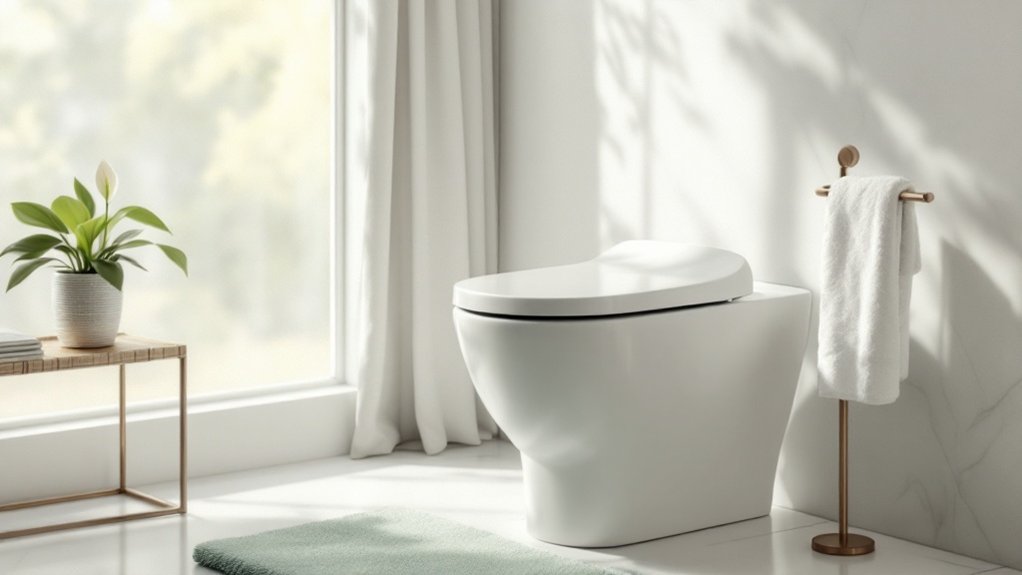Why That Glorious Feeling After Pooping Isn’t Just in Your Head, Say Gastro Docs
That profound relief after pooping isn’t imaginary – it’s pure science. The vagus nerve connects gut to brain, triggering a cascade of feel-good sensations throughout the body. During elimination, the pudendal nerve sends pleasure signals while the parasympathetic system kicks in, dropping blood pressure and releasing endorphins. Combined with restored serotonin levels, it’s a full-body reset that can even cause light-headedness. Nature’s way of saying “mission accomplished” goes deeper than most realize.

While most people don’t openly discuss it, the feeling of relief after pooping is a scientifically-backed phenomenon that affects everyone.
It’s not just in your head – there’s some serious science behind that post-bathroom bliss, and it involves a complex interplay of nerves, muscles, and brain chemistry.
The star of this show is the vagus nerve, a biological superhighway connecting your gut to your brain. When you drop the kids off at the pool, this nerve gets stimulated, triggering a cascade of relaxing effects throughout your body.
The vagus nerve acts like a feel-good messenger, delivering waves of relaxation from your gut straight to your brain during elimination.
Your heart rate drops, blood pressure decreases, and – boom – hello, euphoria. It’s like a natural high, courtesy of your own digestive system.
The pudendal nerve joins the party too, adding its own special flavor to this biological symphony.
This nerve, responsible for controlling your pelvic muscles, sends pleasure signals to your brain when those muscles ultimately relax after doing their job. With the average person spending 73 hours per year on the toilet, these signals are a frequent occurrence.
It’s nature’s way of saying, “Good job, human!”
But it’s not just physical. The psychological relief is real and significant.
When you’re constipated, your body’s serotonin levels can get out of whack – yes, the same chemical linked to happiness and emotional stability.
A successful bowel movement helps restore this balance, literally improving your mood from the inside out. Experts recommend taking action when nature calls, as holding it in can lead to inflammation and hemorrhoids.
The whole process is a masterpiece of biological engineering.
Your body’s parasympathetic system kicks in, muscles relax, and endorphins flood your system.
It’s like hitting the reset button on your stress levels.
Sometimes the relief is so intense it can even make people light-headed – though fainting from an overstimulated vagus nerve isn’t exactly the kind of excitement most people are looking for.
Regular bowel movements aren’t just about comfort – they’re vital for maintaining gut health and emotional stability.
Your digestive system is basically running its own mood-regulation factory, and keeping it running smoothly is important for both physical and mental wellbeing.
Who knew poop could be so profound?







